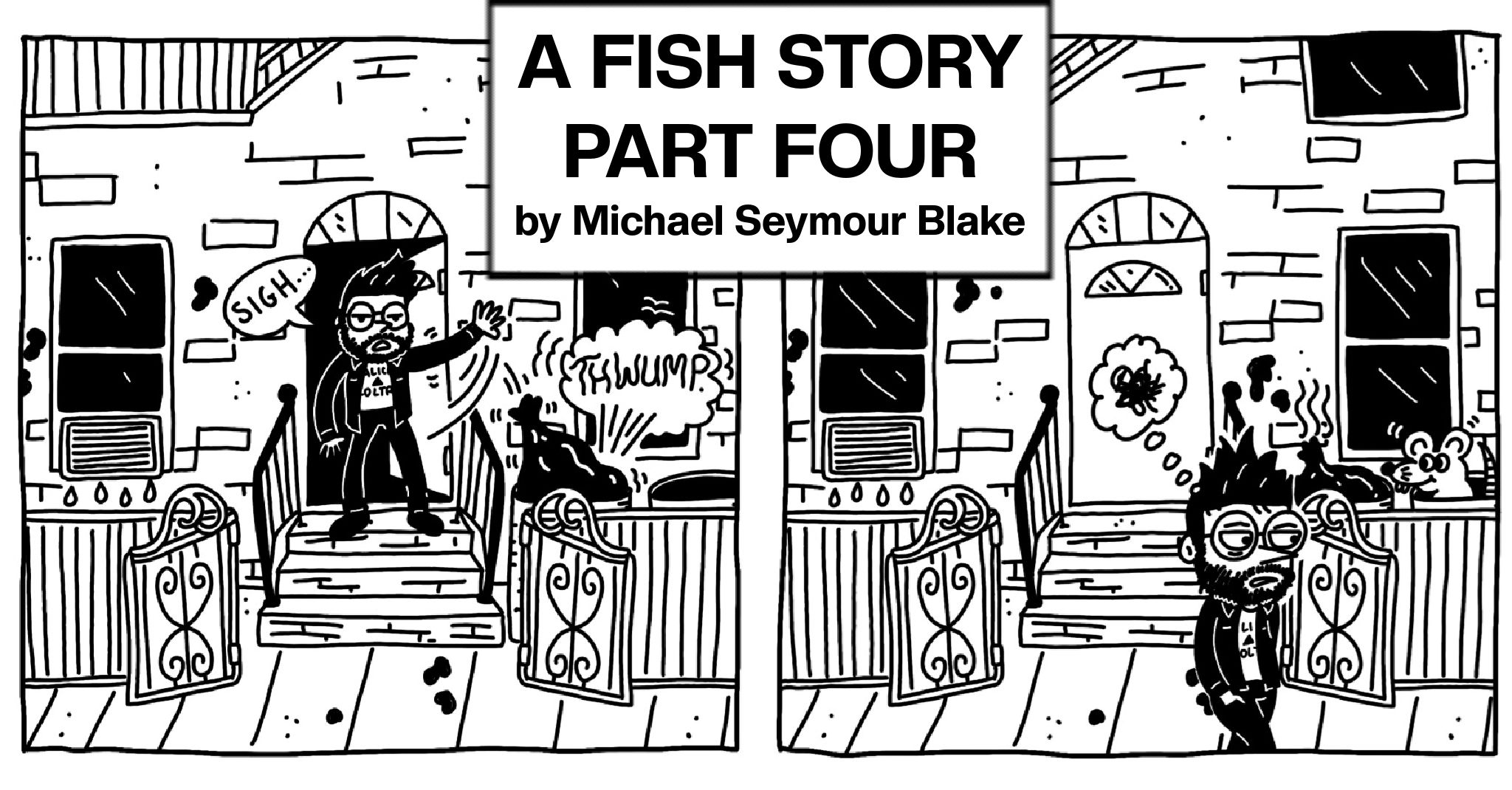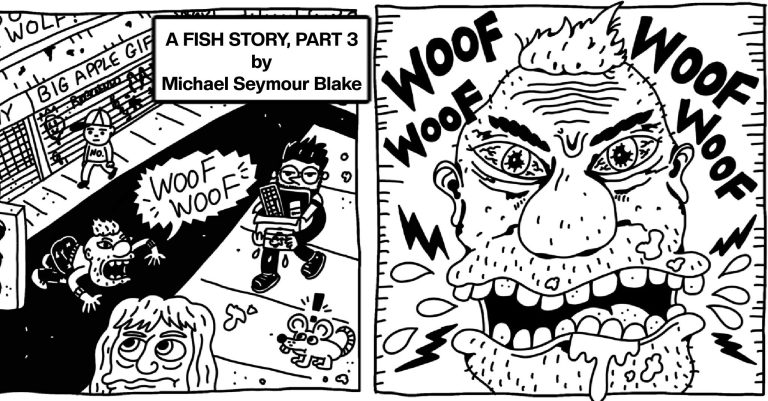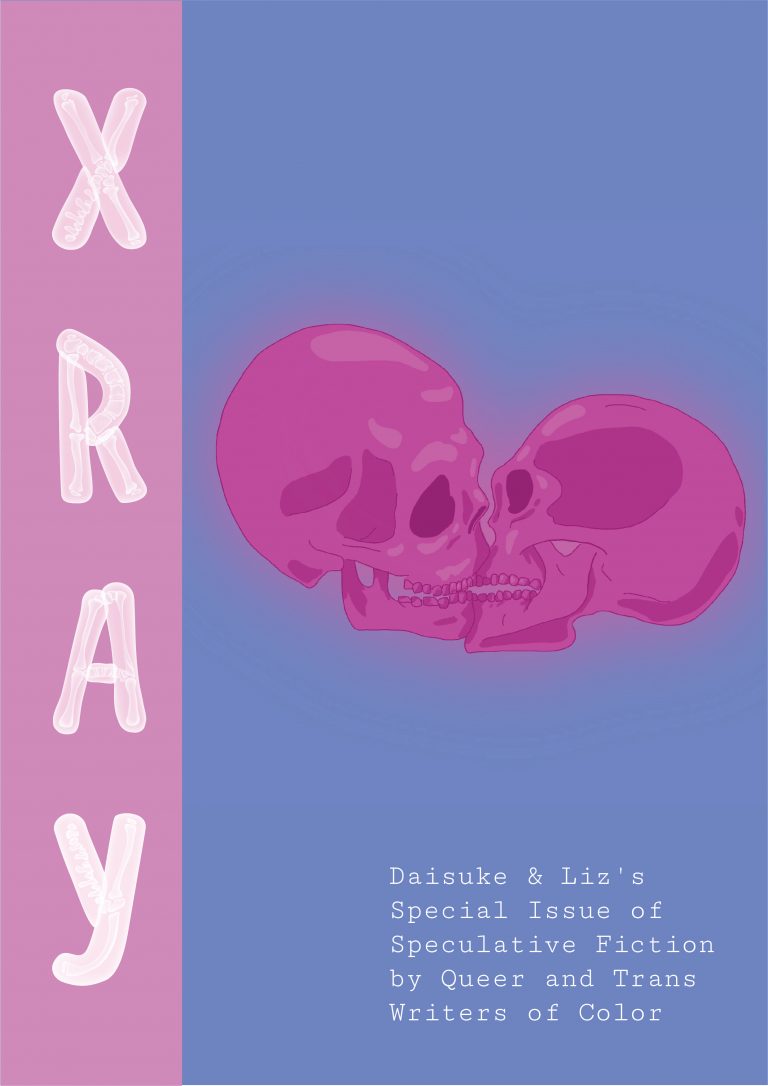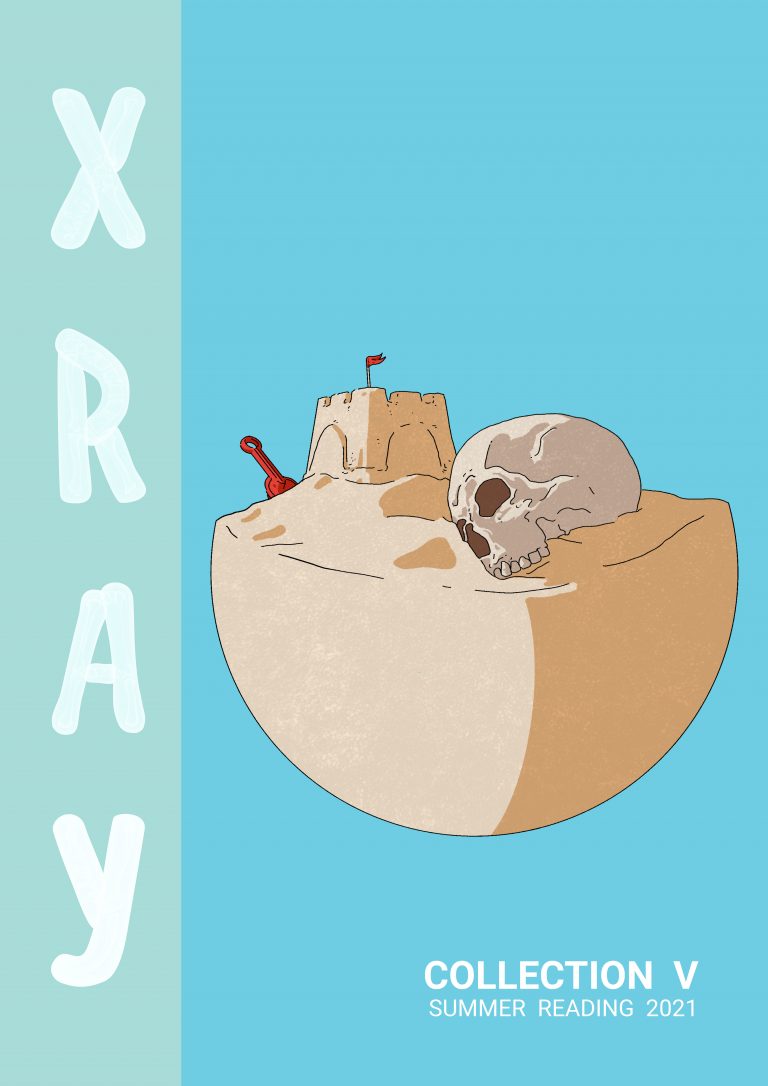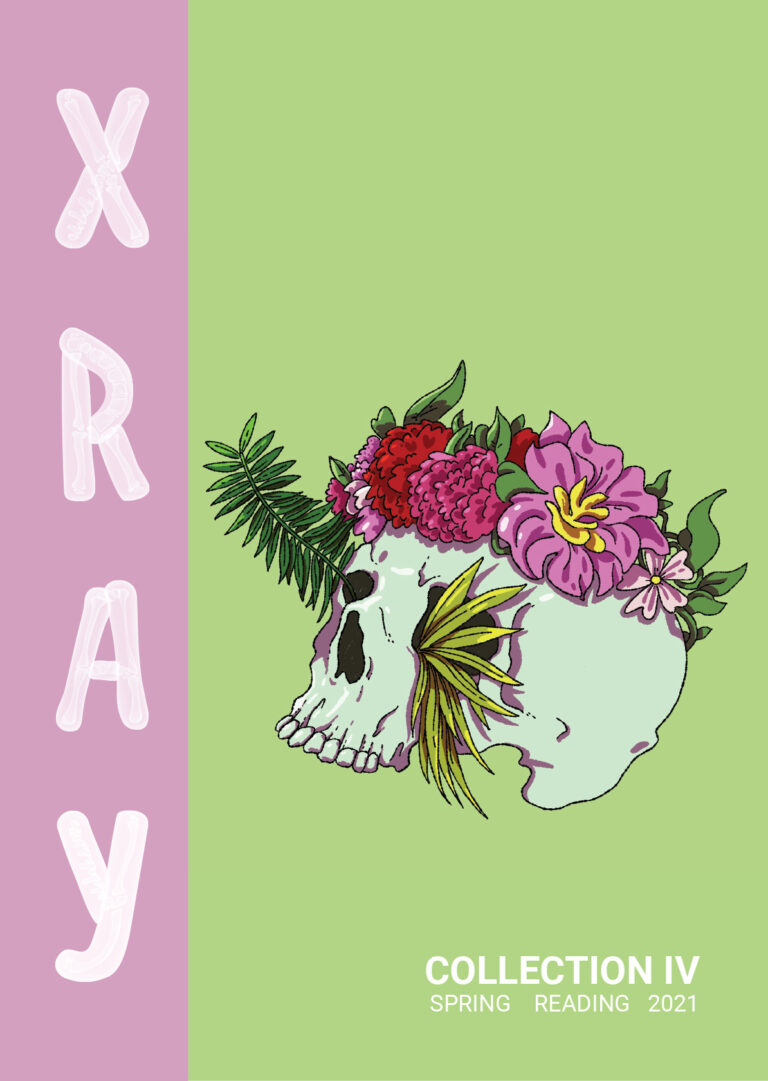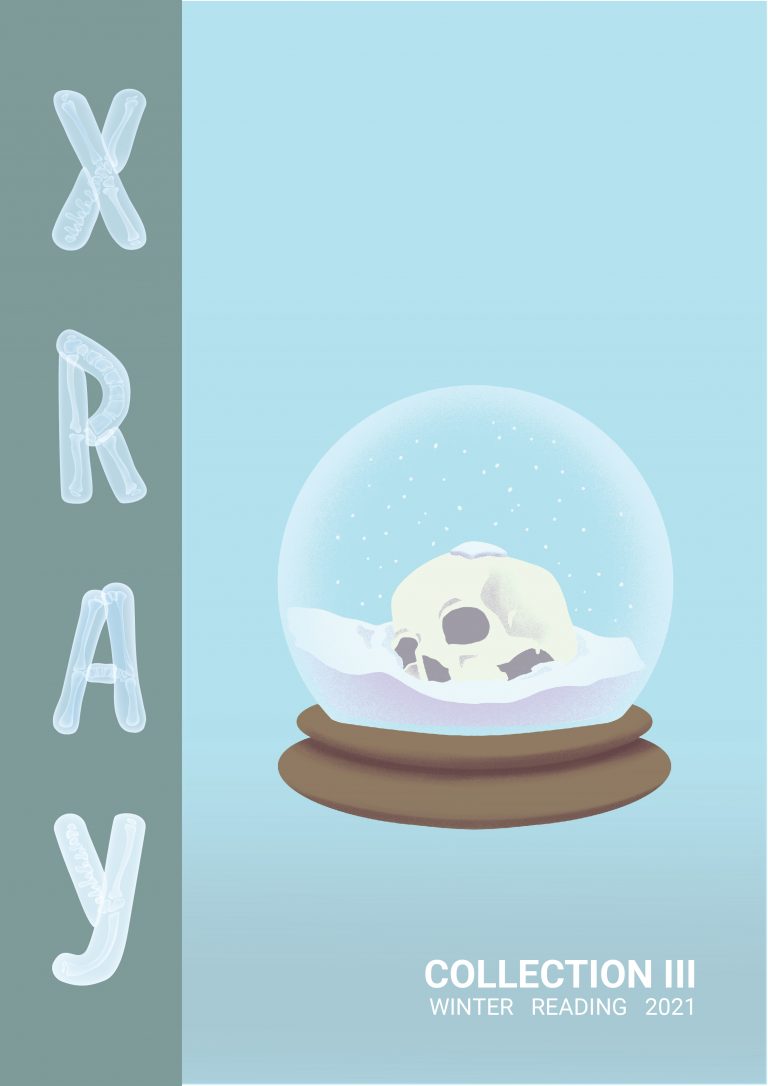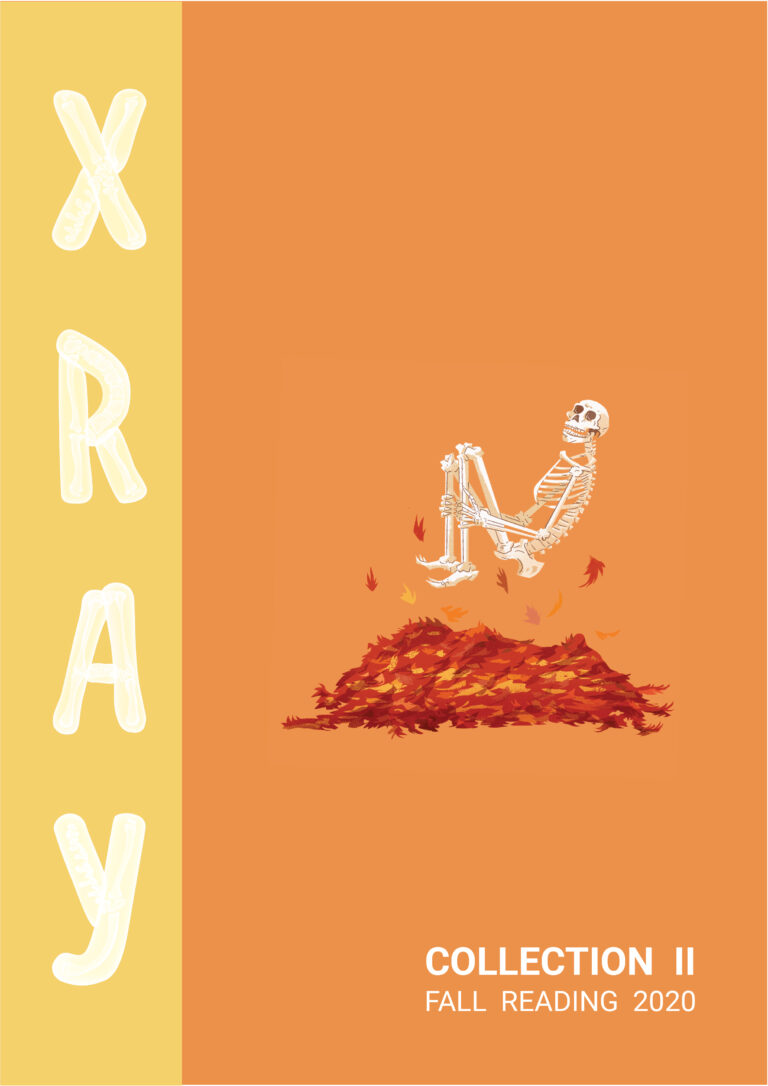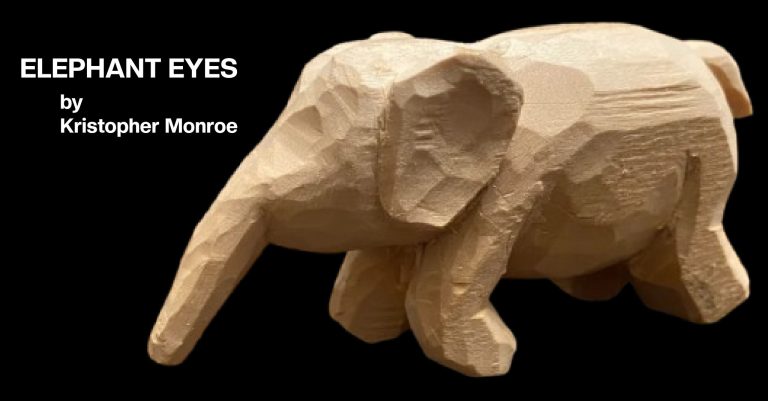
ELEPHANT EYES by Kristopher Monroe
When I was in fourth grade my mother disappeared and I never saw her again. At first my father wasn’t sure what to tell me but he realized that the truth was better than obfuscation so he told me she was admitted to a sanitarium which I didn’t understand so then he explained she was simply sick and resting which I definitely did understand. For as long as I could remember my mother was sick in a certain way. She’d be doing dishes or loading laundry or scrubbing the tub and suddenly become overwhelmed with sadness and break down weeping
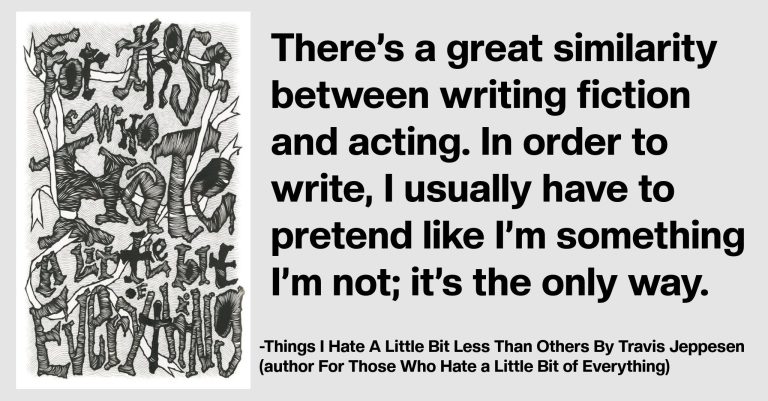
Things I Hate A Little Bit Less Than Others By Travis Jeppesen (author For Those Who Hate a Little Bit of Everything)
The stories of Diane Williams After finishing a thousand page novel a few years ago (Settlers Landing, ITNA Press, 2023), as a way of “recovery” I started writing these very short stories, many of which are gathered in this latest book. Diane Williams has built an entire career out of writing such miniatures – I hate the term “flash fiction”; one is almost tempted to call them “fragments,” only they’re not. Williams’s stories, along with Kafka’s parables, might look like fragments; in fact, they are wholes. (When we speak of fragmentation as form, we’re really talking about texture.) Equal,
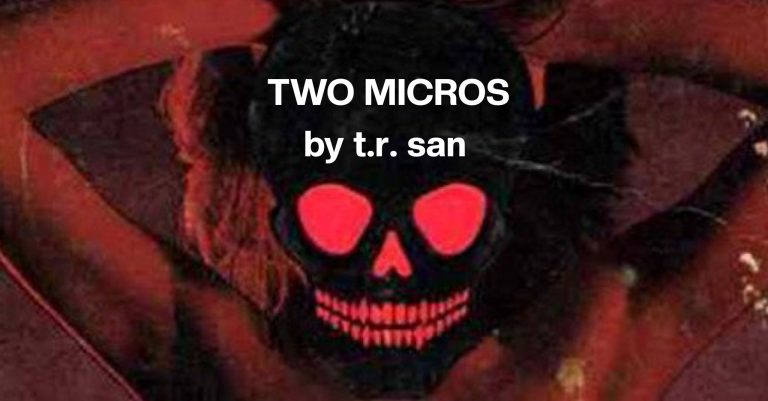
TWO MICROS by t.r. san
Natural Born Killers I hope there are naïve and genuinely delusional sexpats out there who’d jump off of JLK Building or O-NES Tower or Q1 Sukhumvit if their favorite whore gets herself married to another john, especially now that they’ve made every kind of marriage legal here, and johns who like getting dicked down and johns who like dicking down can both indiscriminately start killing themselves over this sort of thing. It’s true I like making up many businessmen in my head but this is not without basis. I know that many young girls who were prostitutes also soliciting other
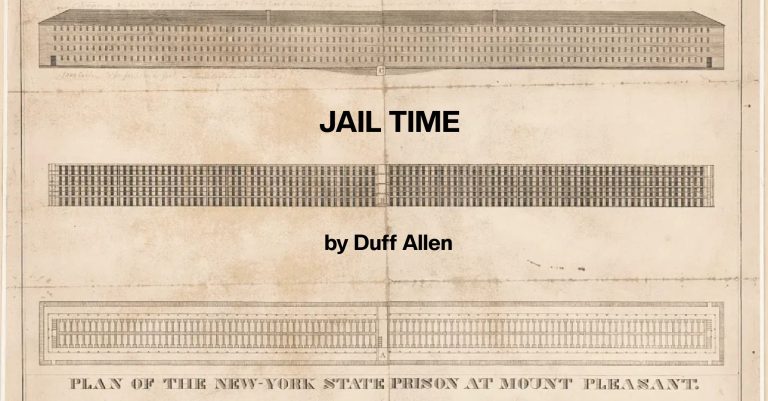
JAIL TIME by Duff Allen
As a little boy nothing made me happier than to visit Dad in jail. Daniel, Mom would say every time, you haven’t forgotten your father, have you? We both sat down on the same side across from him. Who I called Dad, Mom called Daniel. He didn’t call her anything. He didn’t speak to her. He only spoke to me. Tell me how your grades are, he said. You don’t wanna end up a loser, like all these guys. Dad would look around then at the other tables with other prisoners. They were talking to their families too. I knew
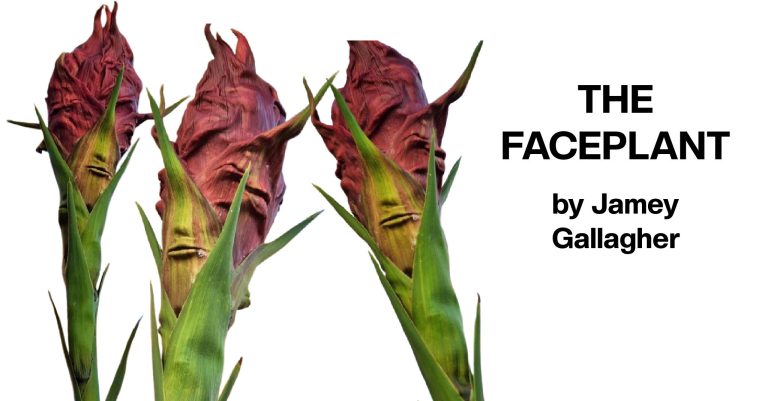
THE FACEPLANT by Jamey Gallagher
We got the plant at the plant show and we brought the plant home and we put it on the windowsill and we watched it—not constantly but a lot more than we watched our other plants. Its lanceolate leaves grew fast. It got these paper-thin blooms that grew and unfurled and became translucent and turned out to be faces. Lips, nostrils, cheeks, eyeholes: all the usual face parts. The faces, after they unfurled, made little motions all day. Moues, I guess you could say. Women’s faces, men’s faces, it was hard to tell which. Some of the faces were stunningly

by Mike Topp
$25 | Perfect bound | 72 pages
Paperback | Die-cut matte cover | 7×7″
Mike Topp’s poems defy categorization. That’s why they are beloved by seamstresses, pathologists, blackmailers and art collectors.
–Sparrow

